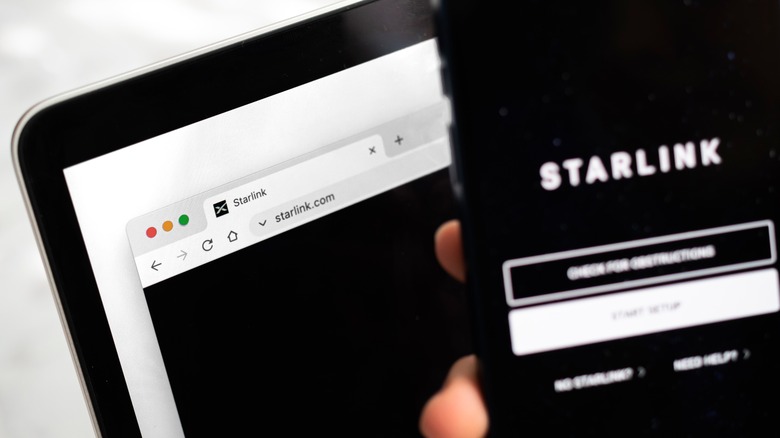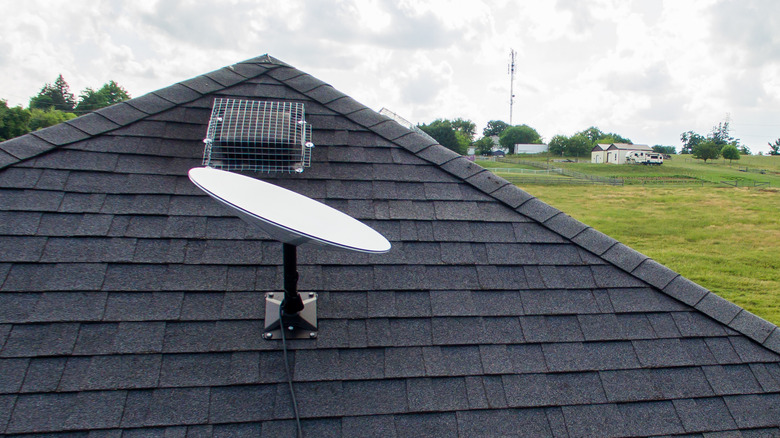SpaceX Quietly Delays Starlink's Controversial Daytime Data Cap
In early November while most of the public's attention was on Elon Musk's controversial and seemingly convoluted Twitter acquisition, one of his other companies quietly introduced a big change: SpaceX with its upcoming Starlink data cap. Originally, the company planned to implement a daytime data cap scheduled to go live in December 2022, which gave subscribers only weeks to adjust their usage habits or budget for extra fees on top of their monthly plan rate, assuming they use quite a bit of data every month.
The change won't affect many Starlink customers, according to the company, which plans a 1 TB monthly data cap, though one less restrictive than the ones implemented by cable-based competitors. Only data used between the local hours of 7 a.m. and 11 p.m. will count toward the data cap threshold, with residential subscribers free to use however much data they'd like between those hours. For many, that may make this a minor annoyance, as game updates and other big downloads will need to be scheduled for inconvenient times. Some customers have been less than thrilled about the change, however, and it's perhaps their loud complaints that have led to a minor plan tweak.
The Starlink daytime data cap will still happen
The Starlink daytime data cap will still happen, but subscribers will get a couple of months — rather than just weeks — before the restriction goes live. That's based on a small update added to the Starlink website, as first spied by CNET, with the new date listed as February 2023. A specific day isn't provided, which indicates this may be a rolling change that goes into effect based on the customer's billing date that month. Customers who stay within their plan's data cap will enjoy what Starlink calls Priority Access, while those who go over the limit will be temporarily bumped down to a deprioritized Basic Access with the option of buying additional Priority Access gigabytes.
Based on the Starlink website's description of Basic Access, it sounds like download speeds will be considerably throttled, as users may be limited to only standard definition video streaming and may not be able to partake in common online activities like gaming. Assuming you're a residential customer located in the United States, Starlink's Fair Use Policy states that additional Priority Access data will be priced at $0.25 per gigabyte. While that may not sound like much, it could quickly add up if used to download things like 4K movies and game updates, which are often at least a couple of gigabytes in size.
The policy change will apply to users in the United States and Canada, and will also impact Business and Mobility subscribers, though the terms vary a bit compared to the residential plans. Of note, Mobility subscribers will find that their data usage counts toward the Priority Access cap regardless of the time of day the data is downloaded.

